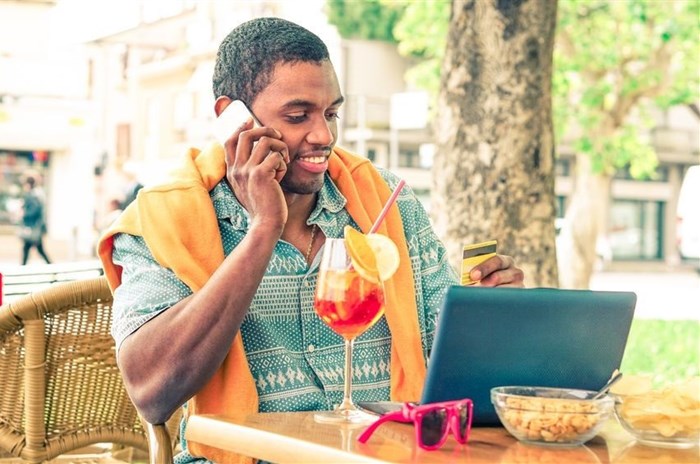The importance of technology in tourism and hospitality is at the centre of the World Tourism Day (WTD) 2018, providing opportunities for innovation and preparing the sector for the future of work. According to UNWTO's secretary-general, Zurab Pololikashvili: "Harnessing innovation and digital advances provide tourism with opportunities to improve inclusiveness, local community empowerment and efficient resource management, amongst other objectives within the wider sustainable development agenda."
In line with this, Jumia Travel in a recent Kenya hospitality report, engaged the regional sales and marketing director of Serena Hotels East Africa, Rosemary Mugambi to understand the impact of technology and online travel agencies (OTAs) to the hospitality industry.
What is the impact of new technologies and OTAs to the hospitality industry in Kenya?
The unprecedented rise in the use of technology and the advanced Internet of Things (IoT) has had a significant impact on how consumers interact with hospitality providers and purchase holidays. In an industry that is now being increasingly driven by memorable experiences, a traveller's journey starts from the top of the travel cycle of inquiry that is mainly driven by desktop research on the web. This normally doesn’t involve much human interaction unless the consumer is interested in further information, which over time has been owned by the insights from travel sites like Jumia Travel and Expedia.
With websites that allow travellers to make their own booking and payments, human interactions are becoming less and less common and when they take place they are considered valuable. As industry players become more tech savvy, there needs to be a balance between technology and human interaction. It is necessary to keep up with competition and global trends which are stirring creativity and innovativeness, but it is important that the focus of the industry remains all about unrivalled guest experience and this focus is what must drive the technology trends.
Real-time online interaction with your customers creates a sense of reliability and helps guarantee long-term benefits.
Creating a more personalised guest experience is an integral part of delivering positive sustainable results. This can be achieved if there’s a right balance between technology delivered service, and the personal touch cannot and must not be taken away.How is social media impacting the hotel business in terms of marketing?
While the impact of word-of-mouth remains very high, new social media trends support this traditional yet effective marketing tool. Social media has changed the way we consume and use information in our day-to-day lives. The travel industry has immensely benefited from the use of social media. It is now being used as a source of information, sales and an advertising tool, fostering new relationships, maintaining existing ones and more importantly building strong brands.
Today, travellers go online to research or find the best travel destinations and content posted by peers is most sought as a qualifier information. Different social media platforms are appealing to certain age-groups, professional capacities and tech-savvy individuals. Most social media platforms are free and flexible, cut across many demographics and markets, allowing marketing campaigns to reach a wider audience and are more affordable. Hotel brands have mastered the art of knowing their audience and having to target specific marketing campaigns on these platforms.
For instance, professional and more tech-savvy travellers would use Twitter and LinkedIn more than they would use Facebook. Other platforms such as Instagram and Snapchat are appealing to millennials who plan their travel activities based on inspiration from the content posted by their peers. Being active on these platforms enables your brand to capture the attention of potential travellers. Constant and consistent presence on the social media sites and posting relevant, quality content promotes a large following and interaction.
Real-time online interaction with your customers creates a sense of reliability and helps guarantee long-term benefits. A well-executed campaign, in addition to good content, stands a chance of going viral through social media mass sharing.



























